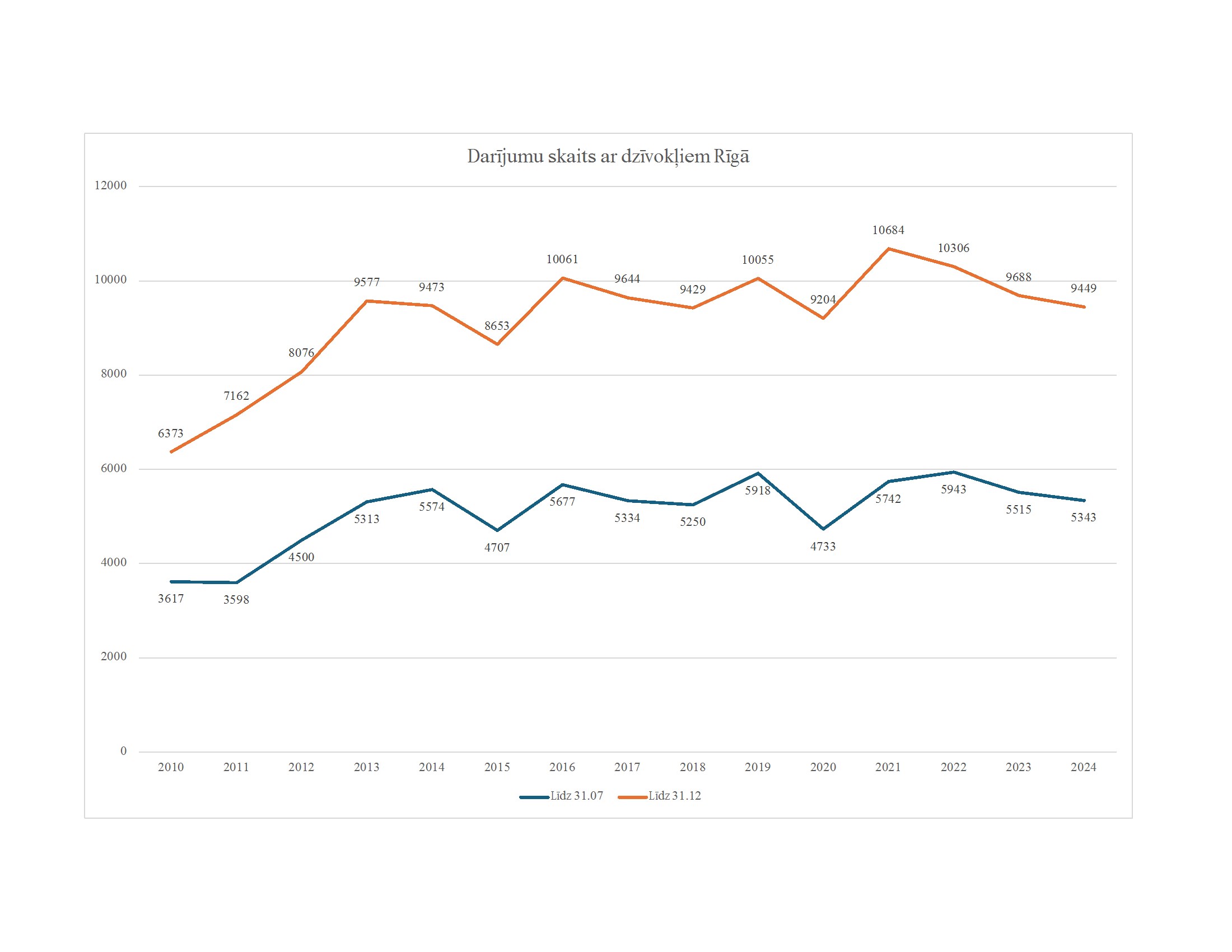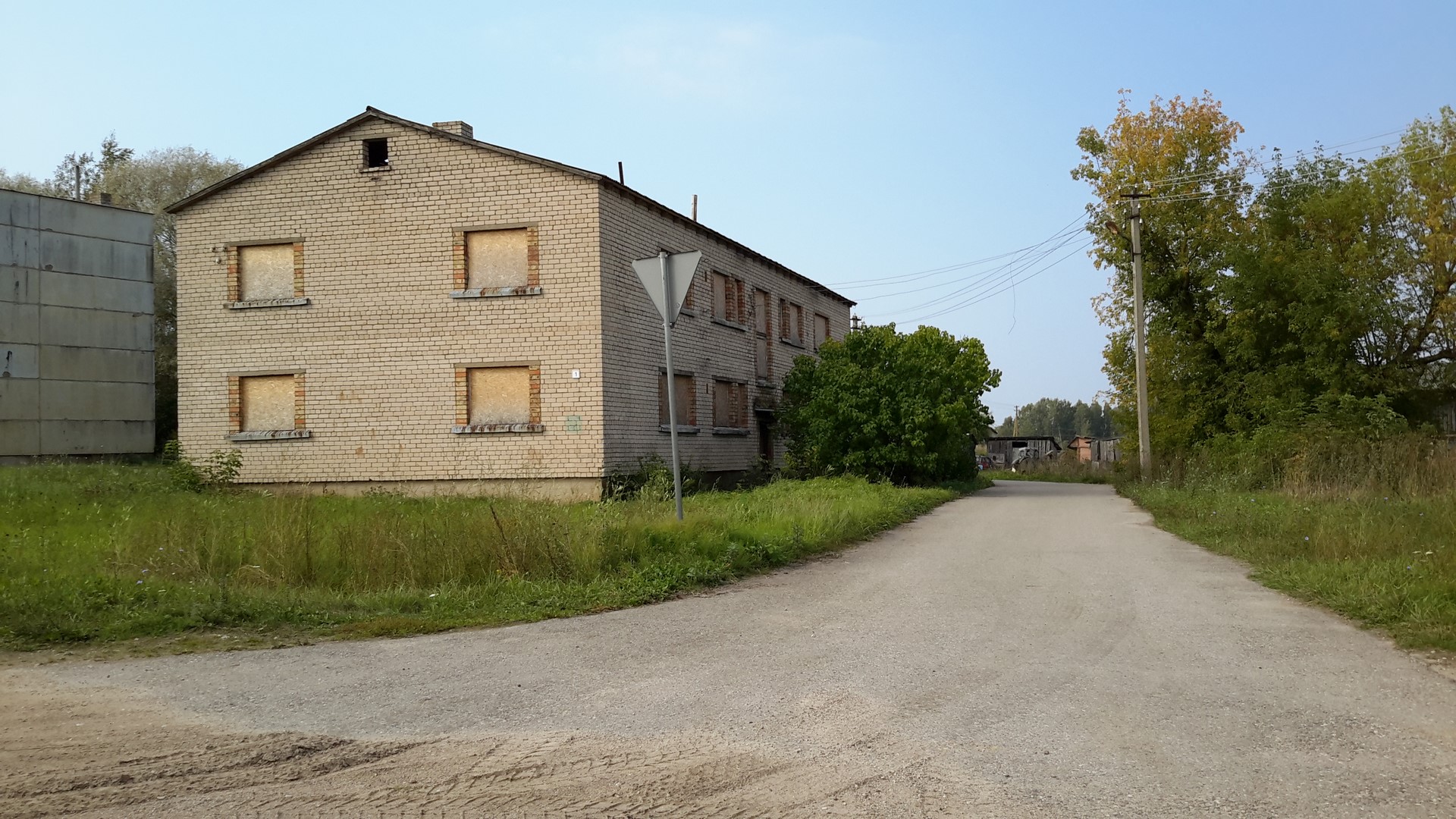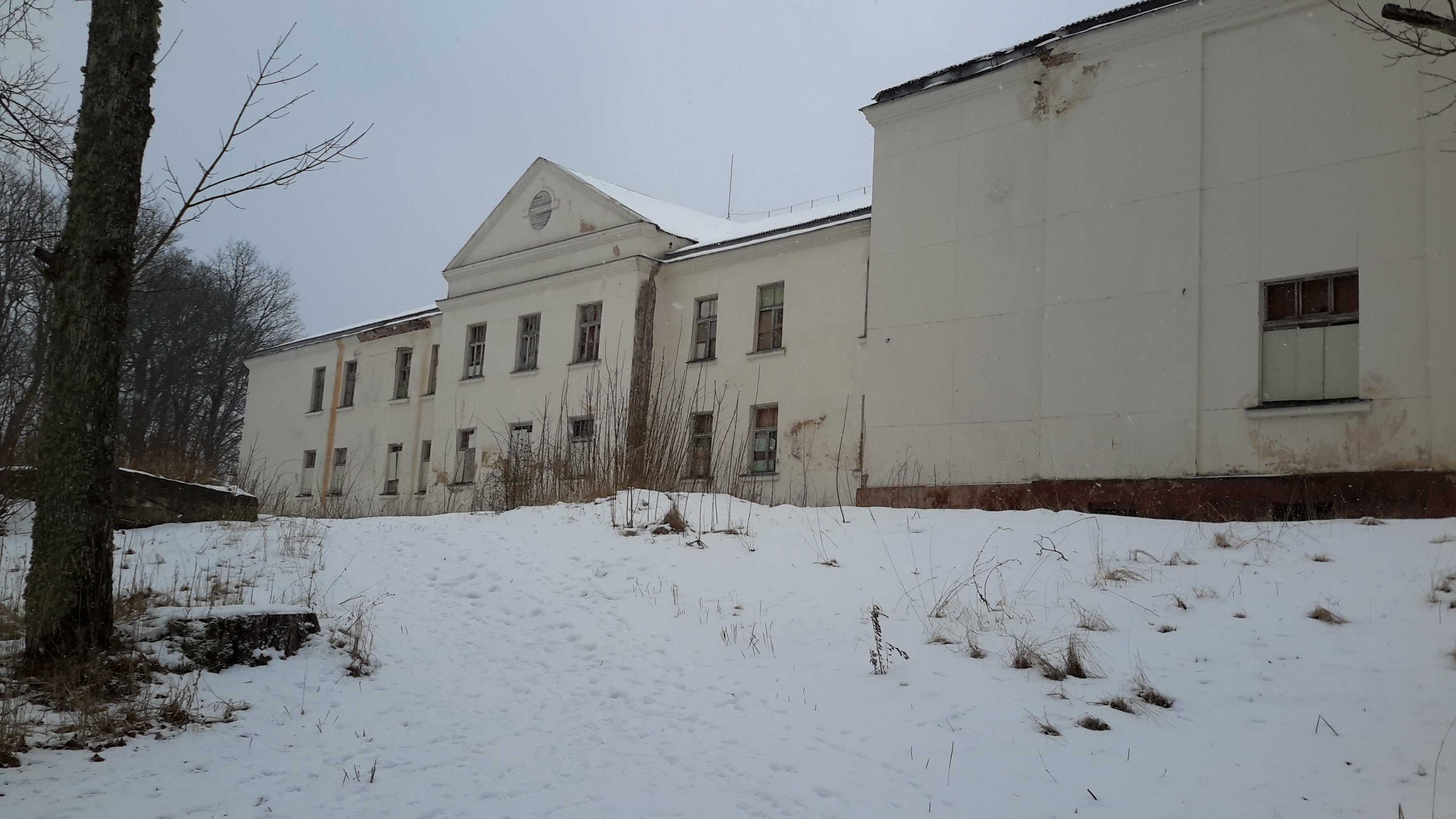10-Dec-2023
In the last days of November, I took part in a survey conducted by SKDS to find out the state of the business environment in Latvia. The interview lasted about half an hour, and for a while I caught myself thinking that I always give lower and more negative ratings to different things. Then I started to think with myself about the possible reasons. Here I came up with 3 answers - I was in a bad mood, the SKDS questions were biased or maybe everything is really bad. Since I had agreed to the conversation, let's drop the bad mood. SKDS is a company with a name and a history, I would not like to believe in creating an artificial result. That leaves the third - maybe it really is all bad...
Looking back a few weeks, I realise that my concerns about the state of the business environment have been heightened by the National Security Commission. It has submitted amendments to the Land Registry Law to the Parliament for consideration, aimed at strengthening controls over foreigners and foreign-invested companies.
Comments on the proposed amendments have been submitted by the Foreign Investors Council of Latvia and the Real Estate Developers Alliance. The most explicit conclusion has been expressed by the Latvian Council of Attorneys at Law in its letter to the Saeima Legal Commission: "The Council draws the attention of the Commission to the fact that the draft law in its current wording will worsen the investment environment in Latvia by creating an unjustified administrative burden for foreign legal entities to acquire rights of action in Latvia".
Without going into all the details (which can be done on the Saeima website or in Ivars Pommers' Delfi article), I would like to quote part of a sentence from the description of the problem in the annotation of the draft law: "The existing procedure is incomplete, ... resulting in significant difficulties in data processing in respect of the persons concerned".
So it turns out that a public body (the National Security Commission) is proposing to shift the administrative burden to someone else, because it sees itself as having a significant burden on data processing! What is the volume of data in question? According to the annotation, it is '23 195 natural persons'. Really?! This is a volume of data that is a burden on the state?!
The justification for the annotation of the draft law begins with the fact that on 24 February 2022, the security situation in Europe has changed... Sorry, it is now the end of 2023! It took us more than a year and a half to identify the problem! The Parliament, when examining the draft law, set a deadline of 16 November 2023 for the submission of proposals. The Ministry of Justice asked for an extension until 29 February 2024, which was accepted. Seriously?! This is the deadline for the preparation of the opinion of a public body?! Two possible answers - the draft law of the National Security Commission is in a sad state or the Ministry of Justice is unable to prepare its opinion any sooner. Cool, a little over 2 years to identify the problem and propose amendments. The question is, when else will these amendments see the light of day and in what form?
Stakeholder organisations are getting involved and fighting for their right and their clients, but as an outside observer I doubt that they will succeed. If the farmers, with all their lobbying, press publications and representatives in Parliament, have already failed to achieve 5% VAT on fruits and vegetables, the others have very little chance. From the state's side, it could look like this - if you want to do business here, then pay! The real estate sector is not currently a place where there is a lot of free money. Some developers are in the business of plugging holes, diverting resources from less painful places to those that are burning more.
I do not even want to mention the further annotation. For example, to the question of whether the regulatory framework affects the business environment, the answer is "No"!!!
To sum up:
We have a hard time, let others do it
23 195 persons is a huge amount of data which is a problem for the country
It takes 2 years to identify the problem and possible solutions
It takes 4 months for one public authority to formulate an opinion on the long work of another public authority
Why am I touching this topic? It is important for us. As I pointed out in a previous blog "the real estate business always depends on the availability of external financing". Approving such amendments to the law will further reduce foreign capital, which in turn will reduce market activity and prices. This situation will certainly be exacerbated by the aid to borrowers approved by the Parliament. In any case, all this does not make us optimistic about the business environment or the market outlook, but let us wait for the Parliament's decision and then we will see...
P.S. If the responsible authorities are reading this, I hope they will take the criticism in good spirit.
Ivars Rubenis

 4-Mar-2024
4-Mar-2024 Behind all the political theatre, however, it is important for the real estate sector that the post offices in the regions remain. The Latvian Post in the regions performs the function of a social institution and an infrastructure facility. The closure of post offices would certainly not contribute to the population. The existence of population means that people need housing. This in turn means that there is a property market. So from a real estate point of view, the keeping of post offices is positive.
Behind all the political theatre, however, it is important for the real estate sector that the post offices in the regions remain. The Latvian Post in the regions performs the function of a social institution and an infrastructure facility. The closure of post offices would certainly not contribute to the population. The existence of population means that people need housing. This in turn means that there is a property market. So from a real estate point of view, the keeping of post offices is positive.